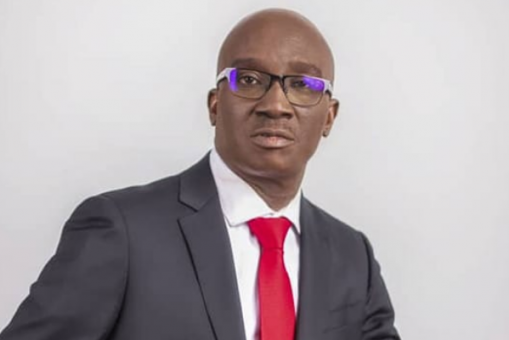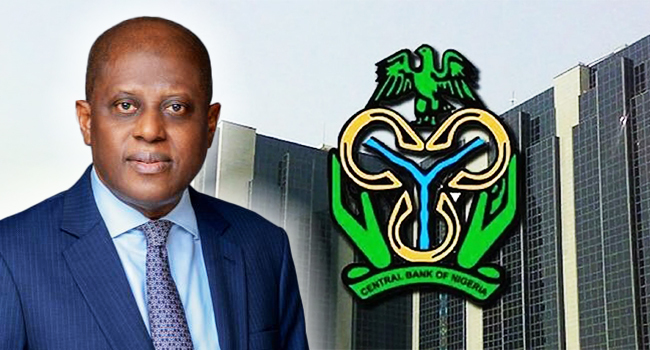The ruling All Progressives Congress (APC) has strengthened its dominance in the 10th Senate, increasing its seat count from 66 to 70 following the defection of four lawmakers from the opposition Peoples Democratic Party (PDP).
At Wednesday’s plenary, Senate President Godswill Akpabio read formal defection letters from Senators Francis Fadahunsi (Osun East), Olubiyi Fadeyi (Osun Central), Aniekan Bassey (Akwa Ibom North East), and Sampson Ekong (Akwa Ibom South).
Citing deepening internal crises within the PDP—including factional infighting, unresolved leadership battles, and prolonged court cases—the senators said they could no longer stay in a party gripped by disunity and distrust.
Senator Aniekan Bassey expressed his alignment with President Bola Tinubu’s Renewed Hope Agenda, describing the APC as “inclusive” and “development-driven.” Senator Fadahunsi echoed similar sentiments, accusing the PDP of losing its moral and political compass.
The latest wave of defections further erodes the PDP’s strength in the Senate, cutting its seats from 36 in June 2023 to just 28. The Labour Party has dropped to five senators (from eight), while the NNPP is now left with only one seat. The Social Democratic Party (SDP) and All Progressives Grand Alliance (APGA) retain two and one seat(s) respectively.
With 107 senators currently in place, two seats—Edo Central and Anambra South—remain vacant ahead of bye-elections. The APC is now just three seats shy of securing a two-thirds majority (73) in the Senate, a threshold that would hand it enormous legislative leverage, including the power to unilaterally amend the Constitution.
The development spells further trouble for the PDP, raising concerns over the future of Nigeria’s main opposition platform and its ability to check the ruling party’s growing influence.




